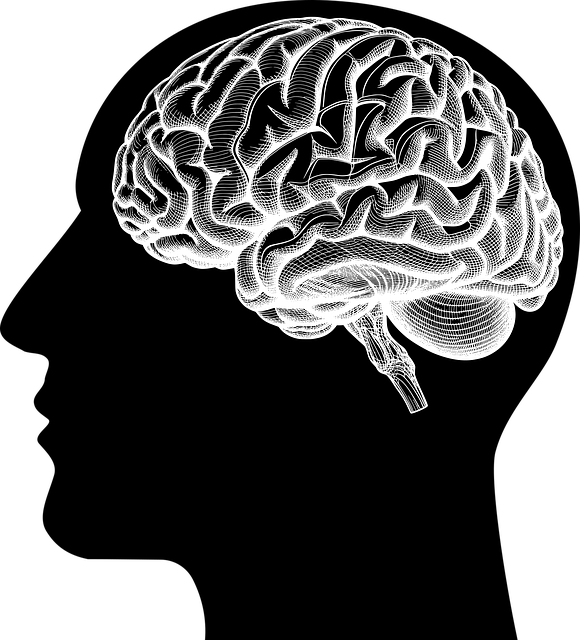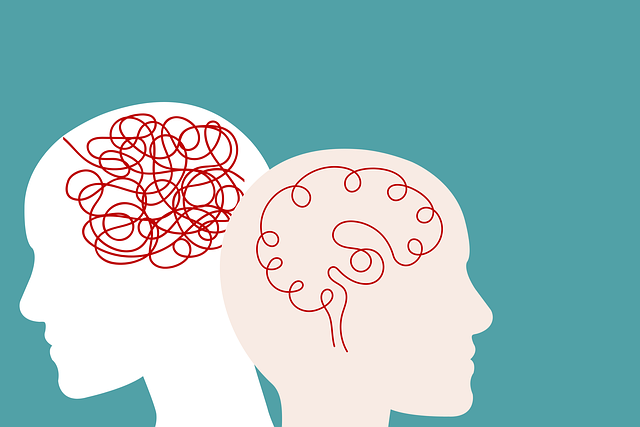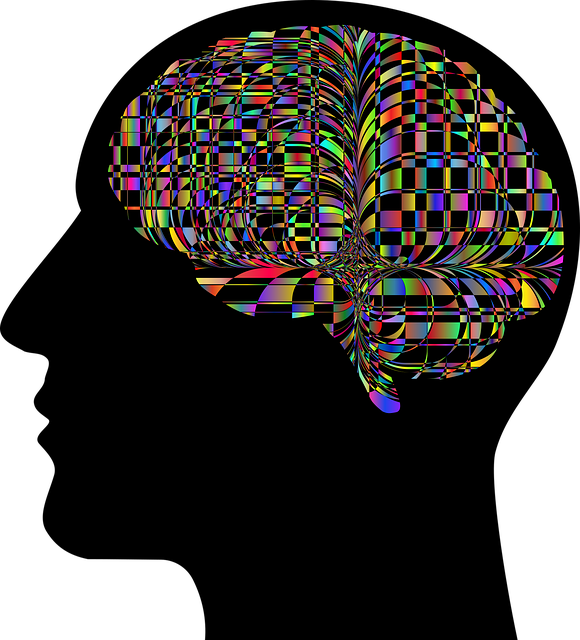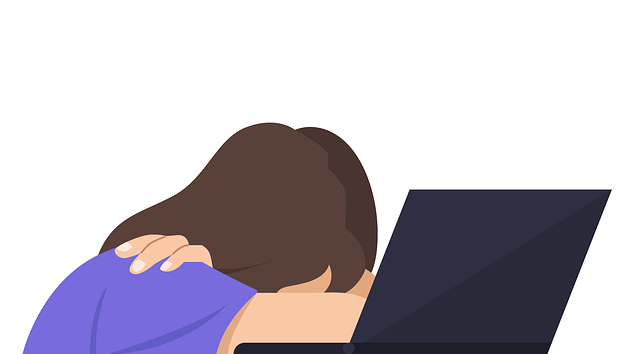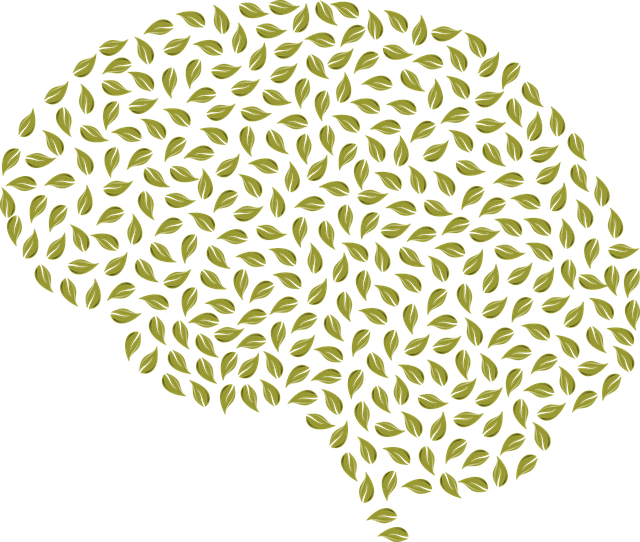Lafayette Bariatric Evaluations Therapy provides specialized social skills training to address the critical link between interpersonal connections and mental health wellness. Their programs help individuals with anxiety, depression, and PTSD overcome social challenges through evidence-based techniques, cognitive-behavioral therapies, and mindfulness practices. By offering role-playing, group therapy, trauma support, and stigma reduction, Lafayette Bariatric Evaluations Therapy empowers clients to develop confidence, improve communication, and build supportive networks, enabling them to participate actively in society while prioritizing their mental health and well-being.
Social skills training is a powerful tool for managing mental health conditions, offering a unique approach to healing and connection. This article explores the intricate link between social interactions and mental well-being, delving into the challenges faced by individuals with various conditions in their daily social lives. We introduce Lafayette Bariatric Evaluations Therapy (LBET) as an innovative solution, providing effective strategies for enhancing social skills through tailored therapy sessions. Discover how LBET empowers individuals to navigate social situations with confidence and build meaningful connections.
- Understanding the Connection Between Social Skills and Mental Health
- Identifying Challenges in Social Interaction for Individuals with Mental Health Conditions
- The Role of Lafayette Bariatric Evaluations Therapy in Social Skills Training
- Effective Strategies for Enhancing Social Skills Through Therapy
Understanding the Connection Between Social Skills and Mental Health

Social skills training plays a pivotal role in addressing mental health conditions, highlighting an intricate connection that cannot be overlooked. Mental wellness is not merely an individual struggle; it’s deeply influenced by one’s ability to interact and connect with others. For many individuals dealing with anxiety, depression, or even post-traumatic stress disorder (PTSD), social interactions can feel overwhelming or challenging. This is where targeted interventions come into play.
At Lafayette Bariatric Evaluations Therapy, we recognize that fostering social skills can significantly contribute to a person’s overall mental health and well-being. Our Community Outreach Program Implementation focuses on connecting individuals with support systems, while our Mental Wellness Coaching Programs Development offers personalized guidance for navigating social situations effectively. By incorporating conflict resolution techniques into these programs, we empower clients to handle interpersonal challenges constructively, fostering a sense of security and belongingness that is essential for mental health recovery.
Identifying Challenges in Social Interaction for Individuals with Mental Health Conditions

Individuals with mental health conditions often face unique challenges when it comes to social interactions due to symptoms associated with their specific disorders. These challenges can range from difficulty initiating conversations, maintaining eye contact, or interpreting social cues to experiencing heightened anxiety in social settings, which may lead to avoidance behaviors. For instance, someone suffering from depression might find it hard to participate in group activities or engage in meaningful dialogue, while individuals with social anxiety disorder could struggle with excessive self-consciousness and fear of judgment, hindering their ability to form connections.
Lafayette Bariatric Evaluations Therapy recognizes these obstacles and offers specialized programs tailored to help clients navigate social challenges. Through a combination of cognitive-behavioral techniques, mindfulness practices, and confidence-boosting strategies, our therapists empower individuals to develop essential social skills. This includes fostering positive thinking, encouraging open communication, and even implementing community outreach program implementations to create supportive networks. By addressing these aspects, we aim to enhance clients’ overall well-being and facilitate meaningful participation in social activities.
The Role of Lafayette Bariatric Evaluations Therapy in Social Skills Training

Lafayette Bariatric Evaluations Therapy offers a unique and specialized approach to social skills training, focusing on enhancing interpersonal interactions for individuals managing mental health conditions. This therapeutic intervention is designed to address the often-overlooked social aspect of overall well-being. Through evidence-based methods, the therapy equips clients with essential tools to navigate social situations confidently. By incorporating strategies tailored to individual needs, it promotes better communication, improves emotional regulation in social settings, and fosters meaningful connections.
The program recognizes that mental health conditions can impact an individual’s ability to engage socially, leading to isolation and potential burnout. It aims to bridge this gap by teaching self-care practices and enhancing cultural competency among healthcare providers. By combining these efforts, Lafayette Bariatric Evaluations Therapy strives to prevent burnout, ensuring individuals with mental health challenges can actively participate in society while prioritizing their well-being.
Effective Strategies for Enhancing Social Skills Through Therapy

Enhancing social skills through therapy involves a multifaceted approach tailored to each individual’s unique needs. Lafayette Bariatric Evaluations Therapy offers specialized services aimed at helping individuals with mental health conditions navigate social interactions more effectively. One powerful strategy is role-playing, where clients simulate real-life scenarios in a safe environment, allowing them to practice responses and gain confidence. This technique is particularly beneficial for those struggling with anxiety or social phobia.
Additionally, group therapy sessions facilitate social skills training by providing a supportive network of peers. Clients can learn from one another, build empathy, and develop coping mechanisms through shared experiences. Integrating Trauma Support Services within these programs has proven effective in addressing underlying issues that may hinder social growth. Mental Illness Stigma Reduction Efforts also play a crucial role, fostering an environment where individuals feel understood and empowered to engage socially without fear of judgment.
Social skills training, as facilitated by programs like Lafayette Bariatric Evaluations Therapy, plays a pivotal role in enhancing the lives of individuals with mental health conditions. By addressing specific challenges in social interaction, this therapy empowers people to build healthier relationships and navigate social situations more effectively. Through evidence-based strategies, it becomes possible to cultivate essential social skills, leading to improved mental well-being and increased participation in various aspects of daily life.

